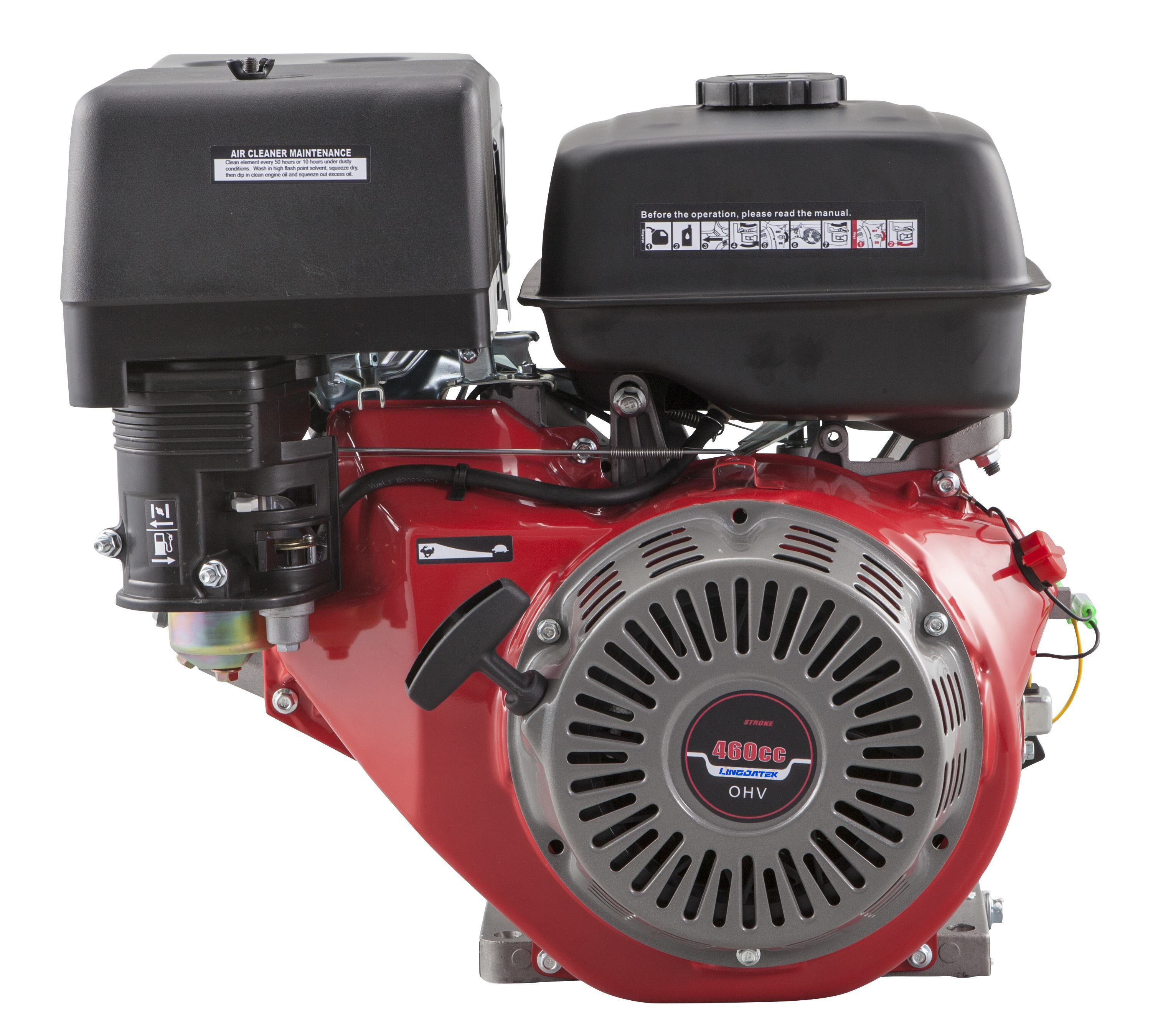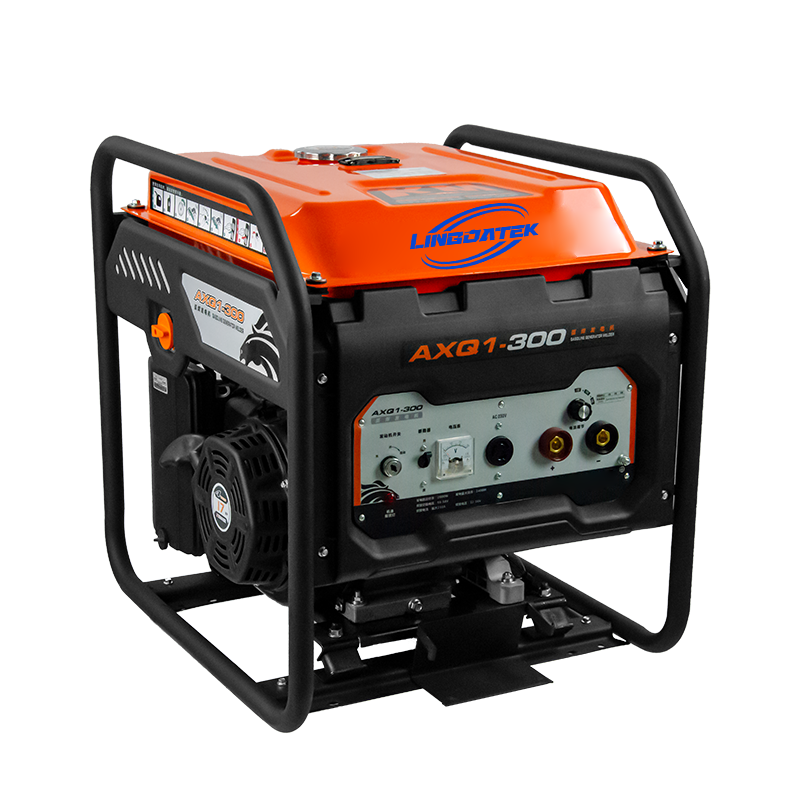리튬 이온 배터리
리튬 이온 배터리는 에너지 저장 기술에서 혁신적인 발전을 대표하며, 다양한 현대 전자 장치와 응용 프로그램의 핵심 동력원으로 작용합니다. 이러한 충전식 배터리는 리튬 이온이 양극과 음극 사이를 이동하여 에너지를 효율적으로 저장하고 방출하도록 설계되었습니다. 이 기술은 리튬 화합물 양극, 흑연 음극 및 이온 이동을 촉진하는 전해액 용액을 사용합니다. 충전 중에는 리튬 이온이 양극에서 음극으로 이동하여 에너지를 저장하며, 방전 시에는 이온들이 다시 양극으로 돌아가 저장된 에너지를 방출합니다. 이러한 배터리는 일반적으로 3.6~3.7볼트로 작동하며 뛰어난 에너지 밀도를 제공하여 소형화된 응용 프로그램에 적합합니다. 리튬 이온 배터리는 스마트폰과 노트북 같은 소비자 전자기기부터 전기차와 재생에너지 저장 시스템에 이르기까지 다양한 분야에서 활용됩니다. 현대 리튬 이온 배터리는 온도, 전압, 전류를 모니터링하여 안전한 작동과 최적의 성능을 보장하는 정교한 배터리 관리 시스템을 포함하고 있습니다. 이들은 방전 주기 동안 일정한 전력 출력을 제공하며 사용하지 않을 때도 다른 배터리 기술에 비해 매우 낮은 자가 방전으로 인해 전하를 잘 유지합니다.


